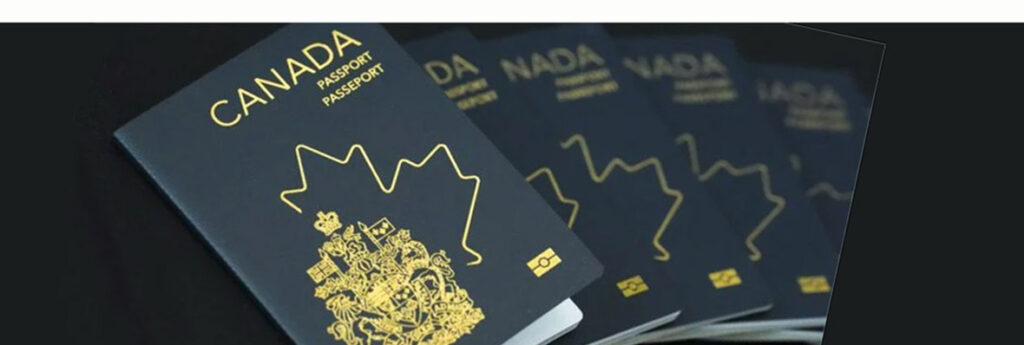Canadians can claim the world’s 7th-most valuable passport – up from 8th last year – according to the respected Henley Passport Index, which ranks the world’s 199 passports according to the number of destinations their holders can access without a prior visa. Singapore took top spot in the ranking in a major poll shakeup as Japan placed third after reigning for five straight years.
Canada had ranked 8th since 2021, having edged up one spot that year. Before that, Canada was sixth four years in a row. Historically, the document has never ranked lower than 9th and hit its high point – 2nd – in 2014. In 2023, Canadians can enter 185 countries visa-free.
Rankings are based are data from IATA.
With Japan’s decline, Singapore is now officially the most powerful passport in the world, with its citizens able to visit 192 destinations out of 227 around the world visa-free. Germany, Italy, and Spain all move up into 2nd place with visa-free access to 190 destinations, and Japanese passport holders join those of six other nations — Austria, Finland, France, Luxembourg, South Korea, and Sweden — in 3rd place with access to 189 destinations without a prior visa.
The UK appears to have finally turned the corner after a six-year decline, jumping up two places on the latest ranking to 4th place — a position it last held in 2017. The US, on the other hand, continues its now decade-long slide down the index, plummeting a further two places to 8th spot with access to just 184 destinations visa-free. Both the UK and the US jointly held 1st place on the index nearly 10 years ago in 2014, but have been on a downward trajectory ever since.
Afghanistan remains entrenched at the bottom of the Index, with a visa-free access score of just 27, followed by Iraq (score of 29), and Syria (score of 30) — the three weakest passports in the world.
The general trend over the history of the 18-year-old ranking has been towards greater travel freedom, with the average number of destinations travellers are able to access visa-free nearly doubling from 58 in 2006 to 109 in 2023. However, the global mobility gap between those at the top and bottom of the index is now wider than it has ever been, with top-ranked Singapore able to access 165 more destinations visa-free than Afghanistan.
Dr. Christian H. Kaelin, Chairman of Henley & Partners, says only eight countries worldwide have less visa-free access today than they did a decade ago, while others have been more successful in securing greater travel freedom for their citizens.
Henley & Partners has also conducted exclusive new research into the relationship between a country’s openness to foreigners — how many nations it allows to cross its borders visa-free — and its own citizens’ travel freedom. The new Henley Openness Index ranks all 199 countries worldwide according to the number of nationalities they permit entry to without a prior visa.
The Top 20 ‘most open’ countries are all small island nations or African states, except for Cambodia. There are 12 countries that are completely open to all passports and four that don’t allow anyone in visa-free.
While the correlation between a high openness score and high visa-free access score is not straightforward, it is notable that Singapore and South Korea — high climbers on the Henley Passport Index Top 10 over last decade boast relatively high degrees of openness compared to the five countries with the biggest disparity between the travel freedom they enjoy, versus the visa-free access they provide to other nationalities: US, Canada, Australia, New Zealand and Japan, which have all either slid down the ranking or remained in the same place as their openness stagnates.

